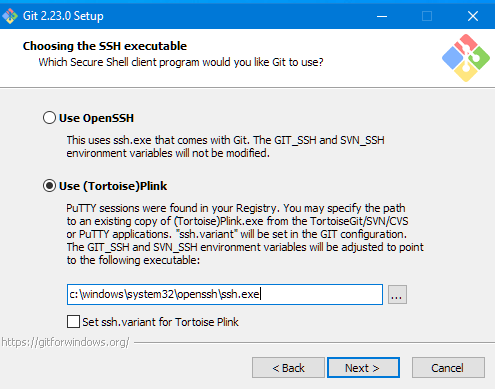For the last few years, I’ve been using Brave as my primary web browser due to its advert and tracking blocking abilities – extremely useful on YouTube! It’s based on Chromium (like Google Chrome and Microsoft Edge), but more privacy/anti-ad orientated.
I’ve also been wanting to GPG/PGP sign some emails using my web based email clients so I’ve installed the Mailvelope plugin from the Google Chrome store and in conjunction with GPG4Win it means I should have access to all the PGP and GPG keys stored on my Windows 10 machine… Except it doesn’t work – it fails to list any installed keys… Why?
Well, it all comes down to a Chrome based protocol called NativeMessaging which requires software (such as GPG4Win) to registered their “acknowledgement” of browser plugins such as Mailvelope by adding (in the case of Windows) various registry settings for the browser to read and interlink.
In the case of Brave, it appears the others of GPG4Win aren’t (currently) aware of it and so don’t set the various registry settings for it to work correctly – and Brave, unlike Microsoft Edge, has no “fall back” facilities to check other browsers for their Native messaging setup. I have reported this to both the Brave Community and to GnuPG (the maintainers of GPG4Win) on their bug tracker – including suggested fixes for both organisations, but it may be some time before this is fixed. So what can you do in the meantime?
Easiest way:
If trust running random commands on your computer, run the following two commands in an escalated permissions (“Run as Administrator”) Windows Command Prompt to copy the existing settings from Chrome over:
REG COPY "HKCU\Software\Google\Chrome\NativeMessagingHosts\gpgmejson" "HKCU\Software\BraveSoftware\Brave-Browser\NativeMessagingHosts\gpgmejson" /s
REG COPY "HKLM\Software\Google\Chrome\NativeMessagingHosts\gpgmejson" "HKLM\Software\BraveSoftware\Brave-Browser\NativeMessagingHosts\gpgmejson" /sRestart Brave and all should be working.
Manual way
Add/Set the following registry key:
Path: HKEY_CURRENT_USER\Software\BraveSoftware\Brave-Browser\NativeMessagingHosts\gpgmejson
Type: Reg_SZ
Data: C:\Program Files (x86)\Gpg4win\bin\gpgme-chrome.json
(updating the “Data” path to where you’ve installed Gpg4Win as appropriate)
Restart Brave and all should be working.
